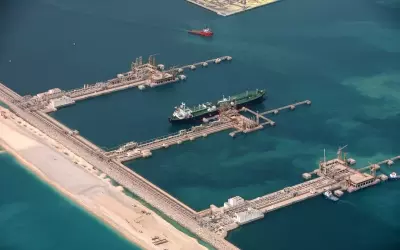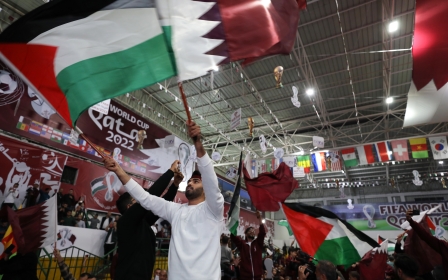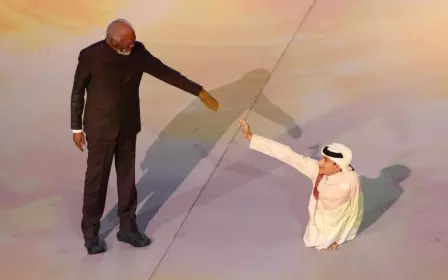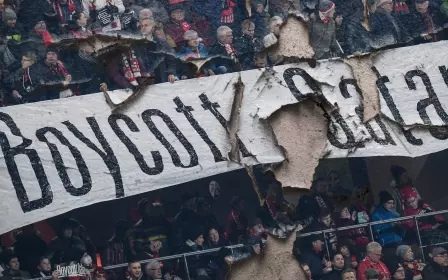Qatar reviews London investments after 'virtue signalling' ban on ads: Report
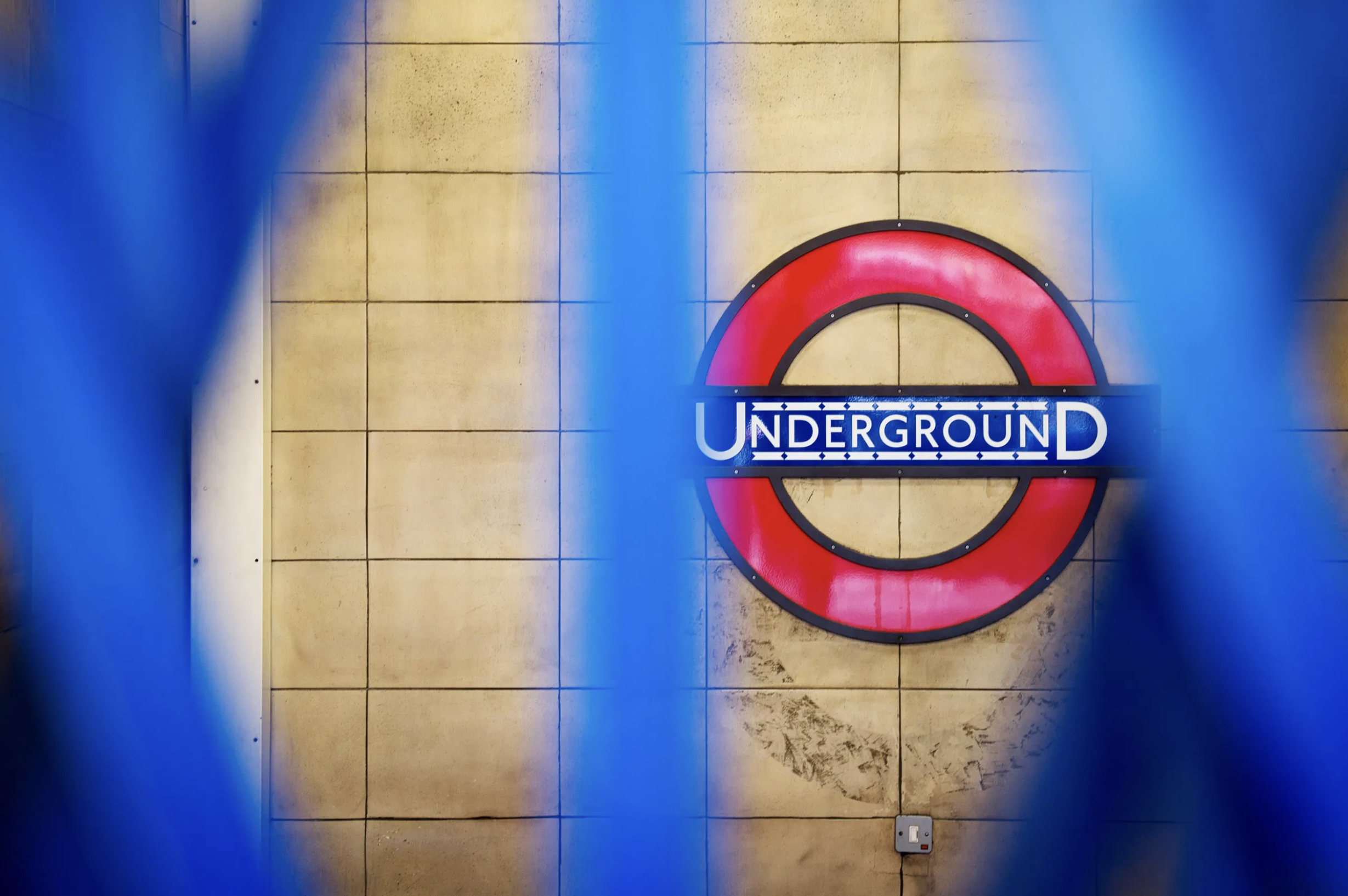
Qatar has launched a review of its investments in London after the city's transport authorities effectively suspended all advertisements from the Gulf country following World Cup controversies, the Financial Times reported on Saturday.
Transport for London (TFL) halted ads from Qatar on buses and the underground train system following criticism of Qatar's stance on LGBTQ+ rights and treatment of migrant workers.
In response, Qatar has placed its future investment strategy toward London under review and is "considering investment opportunities in other UK cities and home nations", a person involved in the review told the FT.
The ban was "another blatant example of double standards and virtue signaling to score cheap political points around the Qatar World Cup," the source added.
New MEE newsletter: Jerusalem Dispatch
Sign up to get the latest insights and analysis on Israel-Palestine, alongside Turkey Unpacked and other MEE newsletters
In 2019, TFL said it would suspend adverts from 11 countries - Iran, Nigeria, Saudi Arabia, Somalia, Sudan, Yemen, Pakistan, Qatar, the UAE, Mauritania, and Afghanistan - who it says have insufficient protection for members of the LQBTQ+ community and in some instances even apply the death penalty.
However, some Qatar ads were still allowed since then but the TFL decided to implement the ban fully on the Gulf state this week.
Pressure mounted on the TFL after the World Cup started in Qatar and several adverts ran on the London transport network. The move, driven by London Mayor Sadiq Khan, has apparently annoyed Doha, which has faced fierce criticism ahead of and during the World Cup.
While TFL has banned adverts from countries with a poor record on LGBTQ+ rights, it has not taken any action against China, which has been accused of committing "crimes against humanity" against Uyghurs and other Turkic Muslims in Xinjiang.
Nor has it undertaken a review against countries such as Israel, whose actions in the occupied Palestinian territories have been labelled as "apartheid" by human rights organizations.
The person involved in the Qatar review told FT that Doha interpreted the ban "as a message from the mayor's office that Qatari business is not welcome in London".
"TFL accepts advertising from the United Arab Emirates and Saudi Arabia and has several commercial interests in China, but there is no suggestion that those agreements will be pulled,” the source added.
Qatari investments
Qatar is a major investor in the UK and London in particular. In the last two decades, it has acquired major assets through its sovereign wealth fund, the Qatar Investment Authority (QIA). The QIA did not respond to request for comment on the London investment review.
The QIA owns Harrods, the landmark department store in London, and the iconic Shard building, and is a co-owner of Canary Wharf Central, which includes vast tracts of property across central London.
Earlier this year, the UK government signed a new strategic investment partnership with Qatar, which will see the Gulf state invest up to $12.5 billion in the next five years in a much-needed cash injection into the British economy.
The investment will cover sectors such as fintech, life sciences, and cyber security.
"Qatar is a valued partner for the UK, supported by Sheikh Tamim bin Hamad's leadership," said former British Prime Minister Boris Johnson at the time.
Qatar is also one of the largest gas suppliers to the UK, accounting for nearly 40 percent of the country's imports in 2021 and 20 percent in 2022.
While Doha and London enjoy close ties, Qatari officials have become increasingly frustrated in recent weeks by the coverage of the World Cup in western nations, including the UK and France.
Last week, the BBC skipped the opening ceremony of the tournament and aired a pre-recorded report on Qatar's human rights instead, much to the ire of many fans of the game.
Earlier this month, Qatar's foreign minister, Mohammed bin Abdulrahman Al-Thani, condemned what he called "hypocrisy" from western countries criticising the country over alleged human rights abuses.
"There is a lot of hypocrisy in these attacks, which ignore all that we have achieved," said Thani, who also serves as deputy prime minister.
"They are being peddled by a very small number of people, in ten countries at most, who are not at all representative of the rest of the world. It is frankly unfortunate," added Abdulrahman Al-Thani.
Middle East Eye delivers independent and unrivalled coverage and analysis of the Middle East, North Africa and beyond. To learn more about republishing this content and the associated fees, please fill out this form. More about MEE can be found here.


